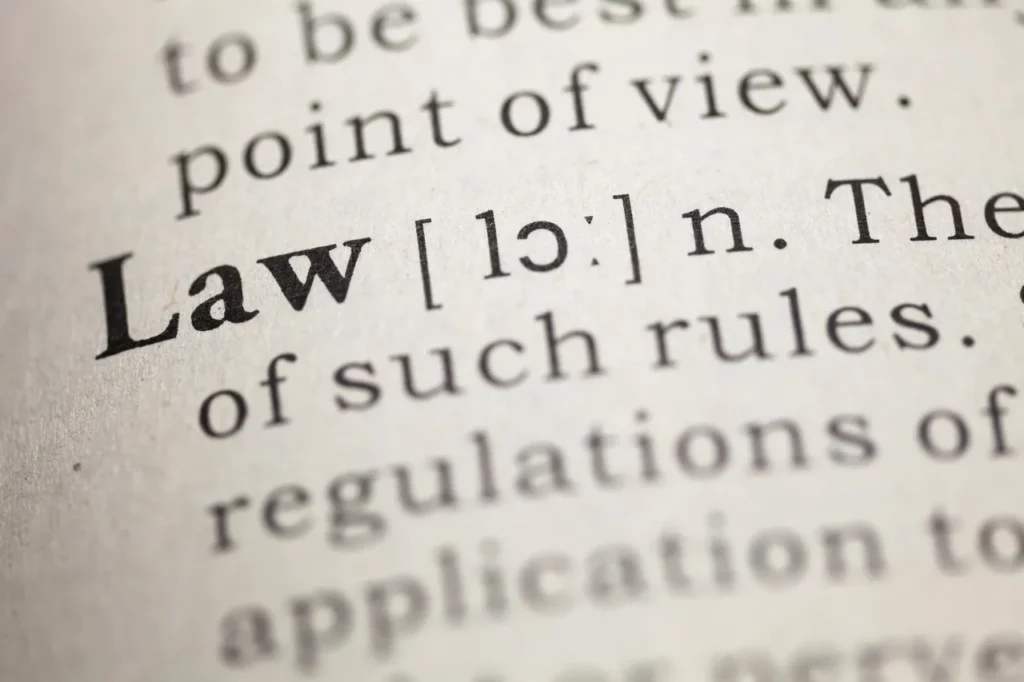New Queensland Government’s tough approach to youth and juvenile crime
Legislation is being drafted by the Queensland State Government to imprison youth and juveniles who commit ‘adult criminal offences’ to ‘adult jail time’. The newly elected Premier of Queensland, the Liberal National Party’s David Crisafulli, contested the recent election with this policy that is intended to reduce youth and juvenile crime rates.
The effect of this policy and proposed legislation is greater imprisonment for youth and juveniles who commit the serious crimes of murder, manslaughter, unlawful wounding, aggravated break-and-enter offences and motor vehicle theft.
The minimum age of criminal responsibility in the state of Queensland is the age of 10.
As such, under these new laws, a 10 year old child who commits murder will be subject to life imprisonment, with a non-parole period of 20 years.
Australia’s leading criminal lawyers have been critical of this hard-line approach, arguing that it was an election ploy that will do little to reduce crime, as evidence has proven that harsher penalties are not effective in reducing repeat offending among young people. Findings from Victoria’s Inquiry into Youth Detention Centres, the Disability Royal Commission and the recent ‘Help Way Earlier!’ report from the National Children’s Commissioner have all supported the view that the criminalisation and incarceration of children increases the impacts of trauma and alienation which may lead to further offending.
Queensland Law Society president Rebecca Fogerty stated that the proposed laws amount to “a dysfunctional slogan that dehumanised children and did not represent good law in accordance with established empirical evidence.”
Amnesty International argue that the proposed laws are a breach of human rights and Australia’s obligations under international law, including the Convention on the Rights of the Child (CRC), to which Australia is a signatory and which requires that children may only be incarcerated as a last resort and for the shortest duration possible.
The Queensland Liberal National Party’s ‘adult crime, adult time’ policy is part of their broader ‘Making Queensland Safer’ plan.
Another controversial part of the broader plan is the ‘regional reset program’, which would involve sending youth deemed at risk of committing crimes to ‘reset camps’, with the intention of preventing these ‘at-risk youth’ from becoming criminalised. These camps would be a one to three week program by police, schools, child safety workers or parents with the focus being on education, discipline, counselling and consequence for action.
The regional reset program has been heavily criticised by advocates, including Youth Advocacy Centre chief executive, Katherine Hayes, who argues that there is a potential for the program to be abused and that children should not be sent to these facilities “against their will without the oversight of the courts.” She also raised the important consideration that the regional reset program would take away the liberty of a child in circumstances where they haven’t committed a crime. This argument of a deprivation of liberty in the absence of a conviction is grounded in fact, as the very basis and substance of the plan being is to prevent crime, and innocent youth may be subject to the plan just by virtue of having a sibling in the criminal justice system or being disengaged from school.
One may argue that a disengagement from school can be a result of problems in a home and familial environment, and the government may best serve the children’s interest by exploring and solving those factors, rather than assuming that the innocent child themself requires a period of time at a facility.
The premise of the proposals has been that Queensland is suffering from a youth crime crisis. However, statistics have proven that there has been a decrease in such crime, with sensationalist and ‘fake media’ likely to blame for the misconception of a youth crime crisis.
Despite the vocal criticism from leading experts, it’s unlikely the Premier will abandon this tough approach to youth and juvenile crime, with the Premier considering his election victory to be a mandate on the proposed new laws. “We had a really big consultation process called an election on adult crime adult time. Queenslanders spoke overwhelmingly,” he stated.
Even the former Premier, Steven Miles, has so far refused to oppose the policy since his election defeat, stating “My view would be they’ve won an election; they have a mandate for that policy. I don’t think you should expect us to be opposing what was clearly the policy they took to the election.”
With the Liberals having an outright majority and the Labor Party unlikely to oppose this plan, it is almost a certainty that the ‘adult crime, adult time’ proposals will pass Queensland’s Parliament and become the law.
The Queensland Government’s hard-line approach to juvenile crime mirrors that of the NSW Government, which strengthened bail laws earlier this year for young people between 14 and 18 charged with committing certain serious break and enter offences or motor vehicle theft offences while on bail for similar offences.
GOING TO COURT?
If you are accused of a criminal offence, call Criminal Lawyers Group anytime on 02 8815 8177 for expert advice from a senior criminal lawyer. We will provide an initial free consultation and work out a plan of attack in your case to give you the best change of obtaining the best possible outcome in your case. Contact us today!
